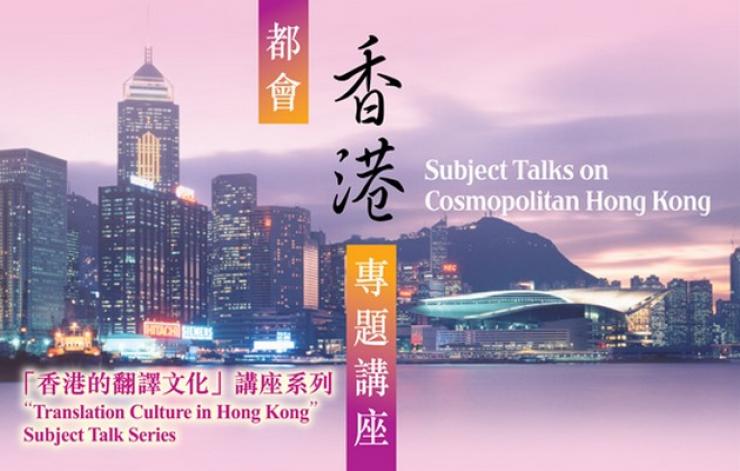16 February 2014
Translation Culture in Hong Kong Talk Series: Translating Hong Kong (Co-organised by the School of Translation and Hong Kong Central Library)

16 February 2014
Translation Culture in Hong Kong Talk Series: Translating Hong Kong (Co-organised by the School of Translation and Hong Kong Central Library)

The HSUHK Outstanding SME ESG and Business Performance Award was first launched last year, and it has quickly become a remarkable platform to recognize outstanding…
The HSUHK Green Eco-Trek Fun Fest 恒生大學綠遊生態同樂日 marks the finale of our 45th anniversary celebrations. The event comprises two components: a Green Eco-Trek that explores scenic…
Date: 15 November 2025 (Saturday) Time: 9:30 am – 5:00 pmFeature Talk:• Interactive Seminar: nteractive Seminar: Future vs. Prestige: How to Choose?(Speaker: Professor Joshua Mok…
“Naamyum” is a form of Cantonese narrative singing that originated in Guangdong. It was inscribed onto the third batch of the “List of the Representative…
